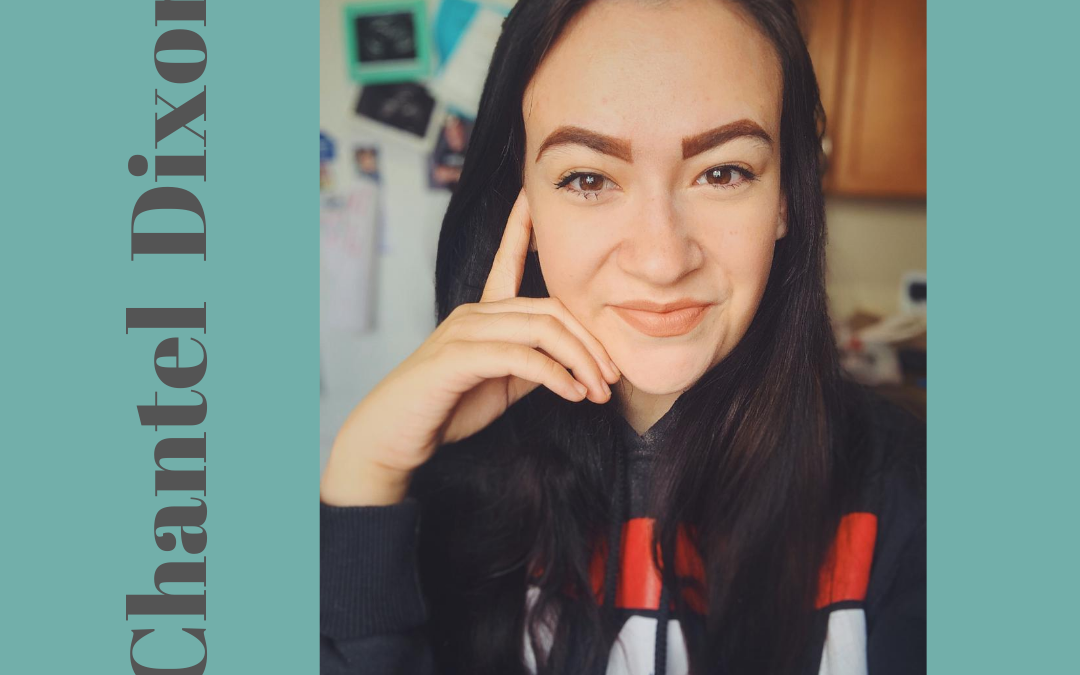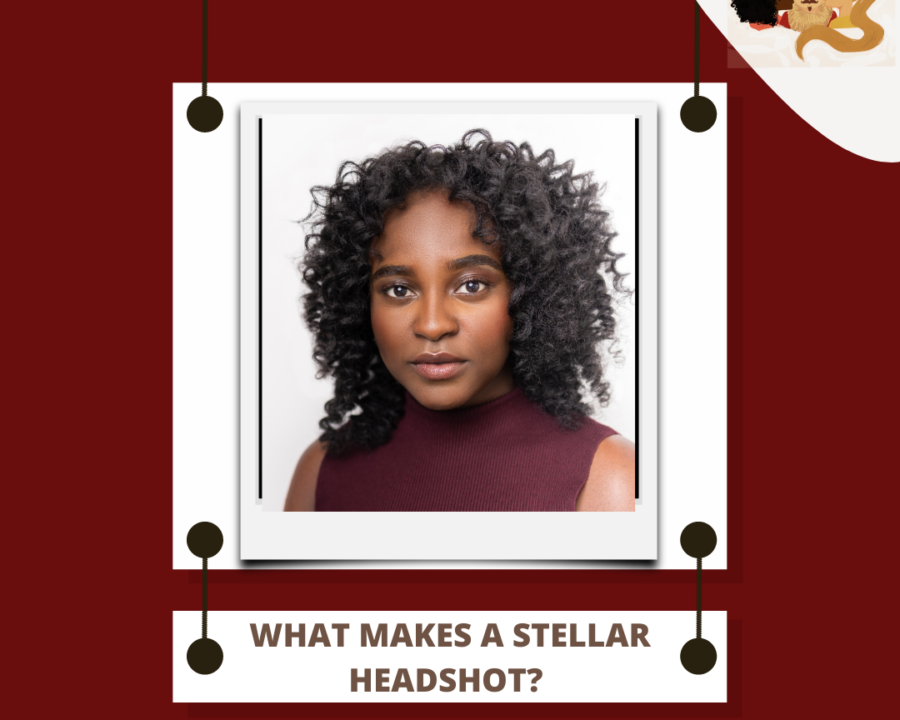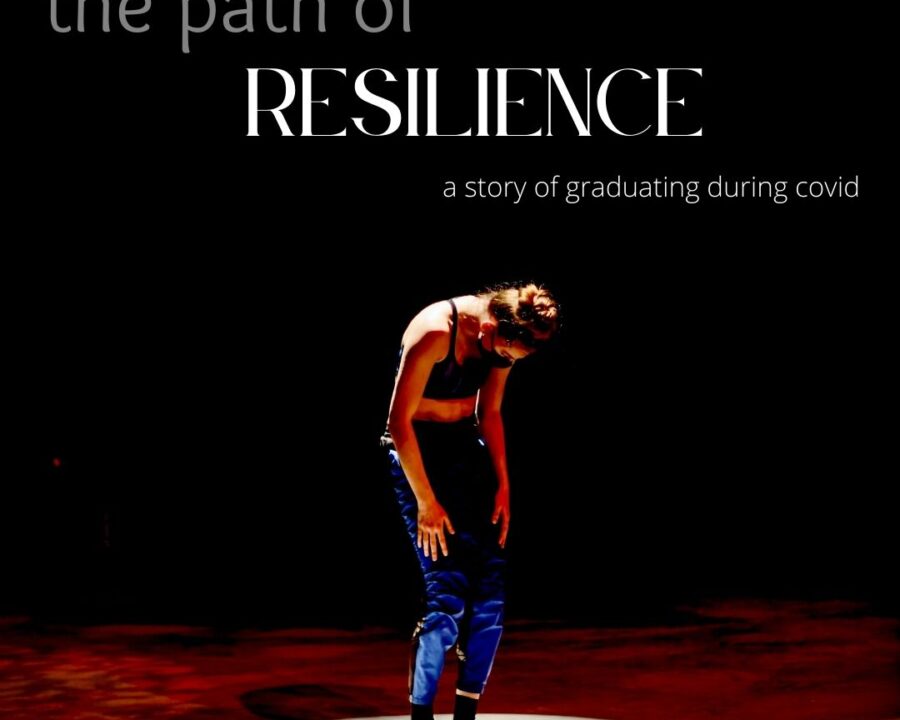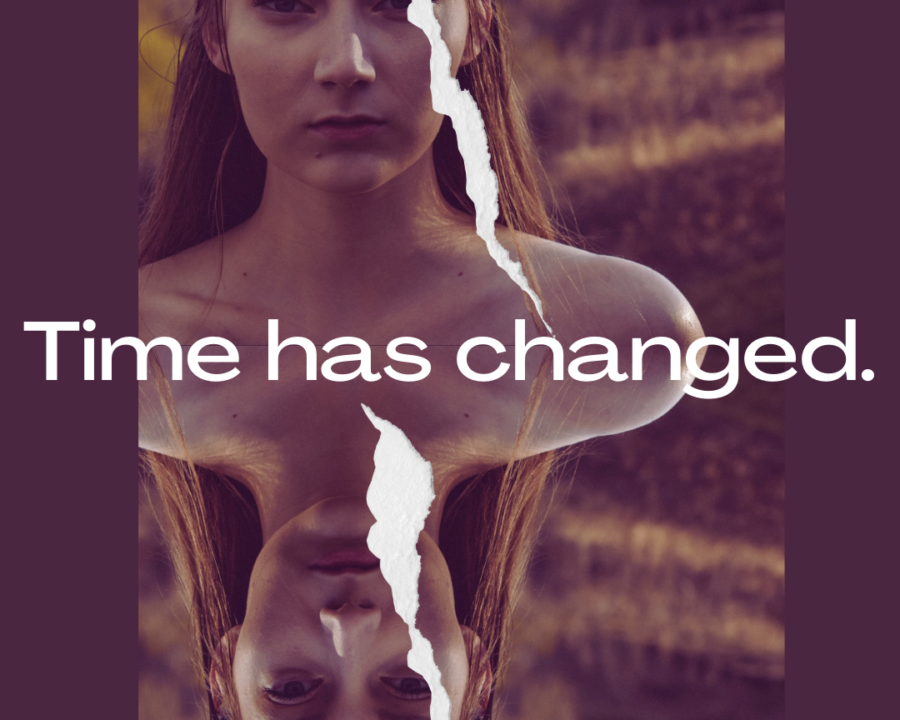
SELF-CARE CHAPTER
August 22, 2020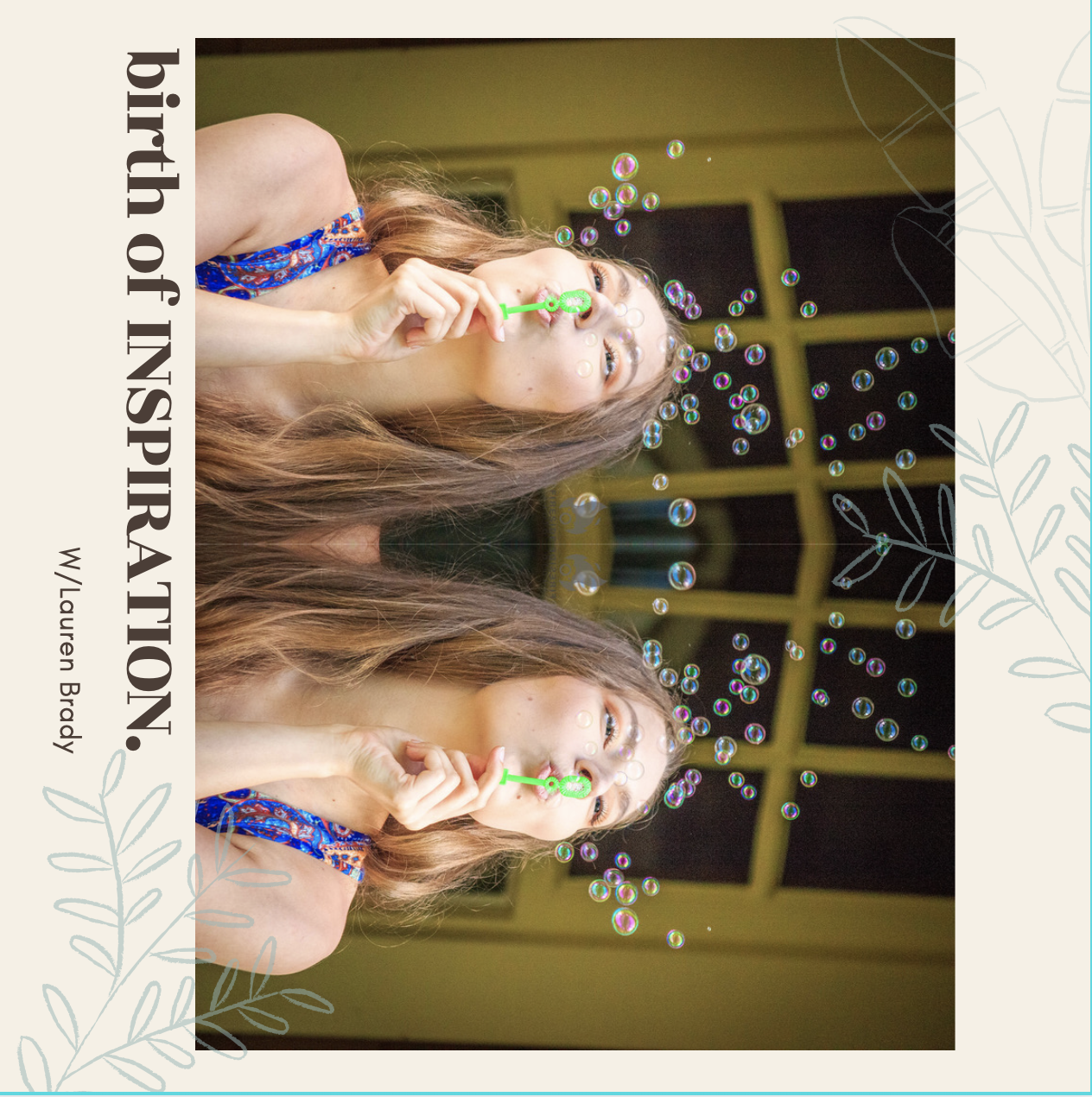
TUESDAYS TEA
August 25, 2020Emerging Artists is a blog series where we feature local and international emerging artists.
Anonymous was a web series created for Calgary’s Ignite Online Festival for 2020. Anonymous was featured in WRPN Short Tight & Loose Film Competition where episode one received an award of excellence as well as an award for Excellent script/writing. We had the opportunity to sit down with the writer and director of the project – Chantel Dixon, and hear about her thought process and struggle to develop a show during a pandemic.
Disclaimer – This blog does contain content about Alcohol addiction.
Meet Chantel Dixon.
Chantel Dixon is an artist driven by passion. Dixon is an emerging writer and director based in Calgary, Alberta. When speaking with her, I couldn’t help but get inspired by her message and story. We hope you enjoy it.

Tell us about you, what do you love about the arts?
Right now, I’m at the University of Calgary studying my major in drama. I’m probably the oldest in the cohort because I had two kids.
I’ve always been drawn to theatre ever since; I think many of us can probably relate to this, but it all starts when we’re in our junior highs or high schools. Then we kind of grow and blossom from there. When I started going back (to theatre) it just felt right, and I felt like a passion had developed strongly over time.
What I like about theatre and film – interestingly, this is actually my first film project, so I’m kind of still discovering that. I will say this; I’ve always heard in conversations about liking theatre over film, and the argument is that in theatre you get to see a moment – it only happens once and then it’s gone forever. Which is incredibly beautiful, but I think that the argument is that film doesn’t have that. I tend to disagree with that a little bit ’cause you can watch a movie a dozen times and still learn more and more about it. I think it’s just a different level of appreciation for both, but I think they’re equal.

Did Anonymous start off as a theatre project and converted to film because of the pandemic?
So Anonymous actually started in a playwriting class, and it was about a 15-minute short play, one act. I submitted that into Ignite, and then what happened was we kind of got a notification that it was delayed because of obvious reasons with COVID. They said you could either postpone it for a year or try and adapt it to a digital platform. Then I just kind of took a leap; it was a real leap in faith – a big leap in faith.
I had about a week to develop a movie – a cinematic project, and it ended up being over half the length it was. It started out roughly 20 pages and ended up being over 60, and that was written within three days because we had our filming very quickly after. But yes, it did start out as a play.
What was it like to create a project during the pandemic?
We had a team with a really inclusive working environment. Everybody contributed and put forth what they thought would excel the piece. It was just a very team-oriented atmosphere, and I could not be more thankful for that. Everybody was really forgiving because it was a learning process for all of us. We were in a pandemic, the timeline was extremely rushed, and yeah, I was grateful for the team that I had in the end.
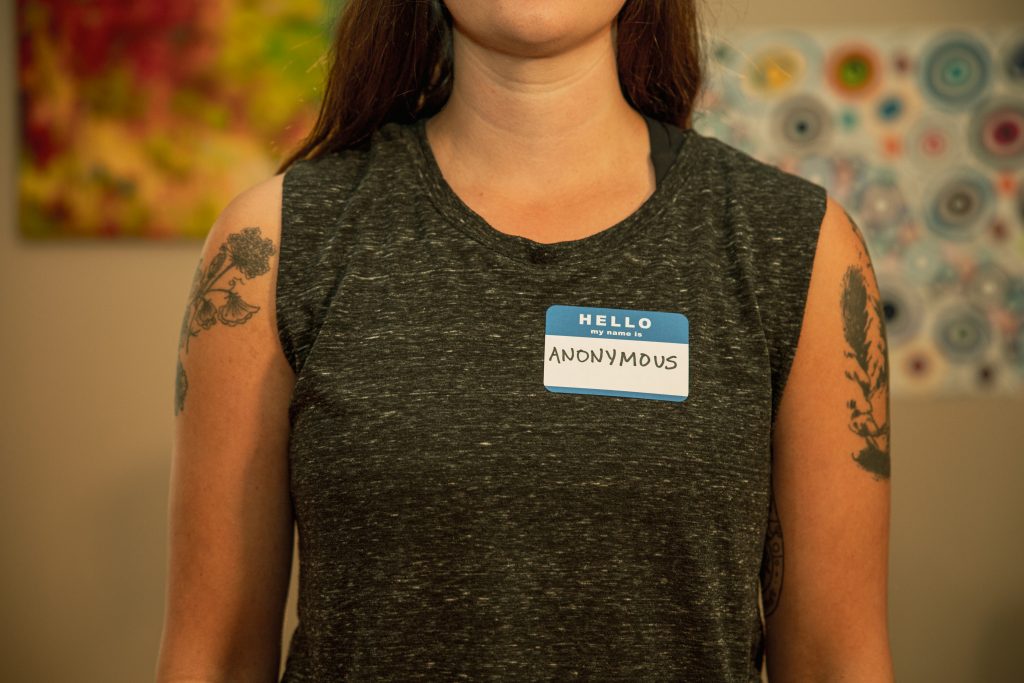
How long did you have for this whole project?
We filmed for six days most of the time was actually editing, but everything else had to be done so fast. We knew editing was going to take a big chunk of our time; it took about three to four weeks. So, we had to get everything else really, really quick so I think we, it took about a week for us to cast. There were just particular characters we were looking for that we weren’t able to find. We were trying to find more film actresses and actors. Then it was three days to write the three episodes – so three days of writing, and then we went into a week of rehearsals on zoom and then we jumped into filming. The rest of the three to four weeks was editing, that was all our editors’ job, and he worked very hard and tirelessly.
I noticed that some of it was shot in Edmonton, were there any challenges with shooting in two different cities?
Originally, we had cast somebody who was living in BC, and this was before we decided our very first idea for the web series was that it was going to be filmed on Zoom. Then we met our really fantastic director of photography, Brandon Wilson (Great Canadian Films), who was interested in helping with the project. He offered his equipment – he has very nice equipment and offered to shoot. With the more and more of a high budget quality, the project, instead of being on zoom, we opted for it was a little bit more work (filming it) it was a lot more work, but it was fantastic results. But because she was in Vancouver, we needed to make adjustments on how we were going to film her, and it didn’t end up working out. Luckily when that happened, we had found more local talent, but it wasn’t so bad with Edmonton. Edmonton is still enough away that we just stayed at a hotel over the weekend, and that seemed to be okay. I think it was easier knowing that all the actors had one day to do this, they had a 1-day shoot. So, they only had to schedule out that one day for themselves. I’m excited that we got to work with people from other universities and from another city – that was exciting.
Two of our leads were shot In Edmonton, so that was a weekend shoot. We went up there – that was one of our longest days. I think we started at our lead who played Jackson, and we started at his house roughly at ten and didn’t get out of there until 10:30 at night. The thing with film is it’s so tricky because he was living in an apartment building and renovations were happening. So, there was a point where we just had to think of kind of cool shots that didn’t need audio until they were done so we can continue to shoot.
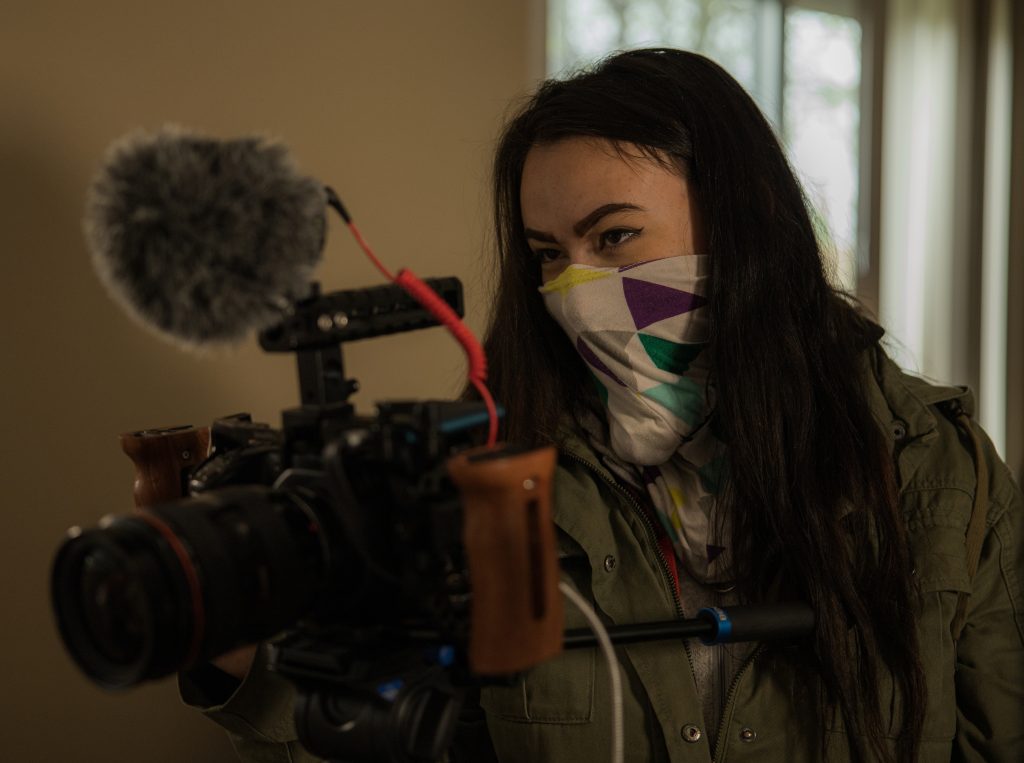
Where did the inspiration for this project come out of?
I come from a family of intergenerational alcoholics, so it’s always been something that, even as a young child, I had to be warned. Addiction ran and runs in my family, and that was something I was going to have to look out for when I was an adult. I think I’ve been relatively lucky, but there’s a lot of people in my family who have extremely addictive genes and have gone through the wringer. It’s always been interesting, they take on Alcoholics Anonymous – which is what this series is heavily inspired by, and it worked for a lot of my family members, and it didn’t work. I just wanted to kind of investigate why that is:
- Is it the system?
- Or is it the people who are working the system?
- Is it about working it properly?
So that was originally why I wanted to investigate it, but it also became more about people’s decision-making. If the ill-fated decisions, we make influences are worth as a person? So, in easier terms, do our bad choices make us bad people? Or not? I just don’t think it’s that black and white, and I wanted to investigate that pretty thoroughly.

The characters you wrote were so diverse inexperience. Where are you trying to showcase that there isn’t one “stereotypical” type of alcoholic?
Absolutely. What I think “Alcoholics” have in common is that even though they can go for a long period of being sober – they are still addicts. They are still addicted to alcohol. I wanted to show – I really wanted to show how the program influenced their lives. It isn’t “Alcoholics Anonymous” or “Support Anonymous” (in this case – the group that I created for the piece).
It wasn’t just about hearing the stories of people surviving the program, but about a level of support for themselves as human beings. That was also another reason why originally Karen was supposed to be a 70-year-old male in the play. But there was no 70 year old male who had auditioned, so we were adapting characters as they came as well. That was another tricky thing because it was fast-paced, and I wanted to try and have a variety of people as best as possible. The truth is just alcoholism and addiction stories can happen to anyone of all forms; it’s not a prejudice disease – If that makes sense?
What advice can you give to fellow Emerging Artists during this time?
I’m really excited about this question, but it’s going to come out like a clumsy piece of garbage – hahaha.
I think what is really important, and it’s going to sound so cliché, but the opportunity for networking is so prime right now. I think it is the perfect opportunity to learn in media that you’ve never experienced before because, at this point, we’re able to collaborate with people not even in the same city even in the same country. I think that’s what is the most important for us at this moment – to learn from each other so that we can become better innovators with new ideas and going into the future.
Another thing is, I’ve been asked a lot when I do these interviews. “What do you think the future of Theatre is?”
I think what it leads to is that there’s a sense that the theatre of how we do theatre now and is that going to be completely abolished by COVID-19? Are we replacing theatre with what we are doing now with this pandemic (adapting it to film)? The answer is no… but I do think there is going to be a wave of a new collaboration, of new ideas, to add to the old traditional way of doing things. People are going to do great new things that will be bold, beautiful, and amazing to watch.
Update on Anonymous!
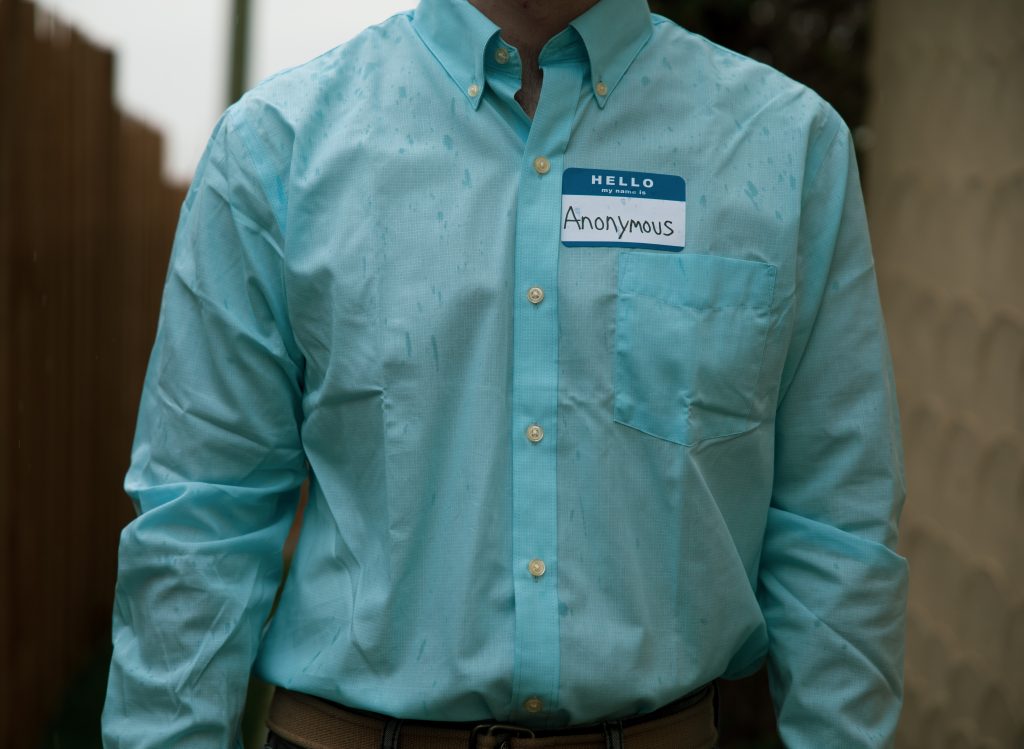
Sage Theatre is hosting a re-stream of the entire Ignite! 2020 Festival from August 25th-28: 6:30-8:30PM on their Facebook page! Visit their Facebook page for more details on how to watch and some really cool prizes to be won: https://www.facebook.com/SageTheatre
A little bit about the award Anonymous won:
For updates on Anonymous including a release of our re-cut episodes, visit the following socials!
Anonymous’ Facebook:
https://www.facebook.com/HiMyNameIsAnonymous/?view_public_for=102476554818322 or @HiMyNameIsAnonymous
Make sure to check for updates on their histogram pages too!
Let us know what you think of the blog! Do you have a story that you want to tell?
Let us know.

